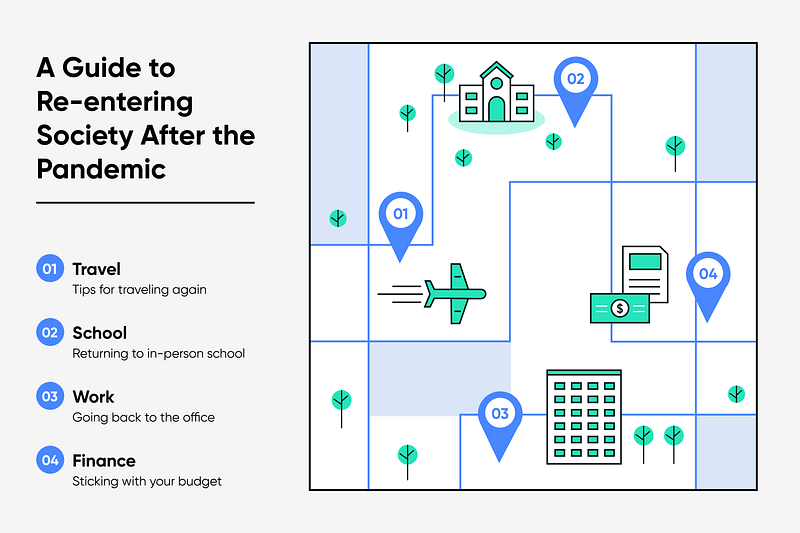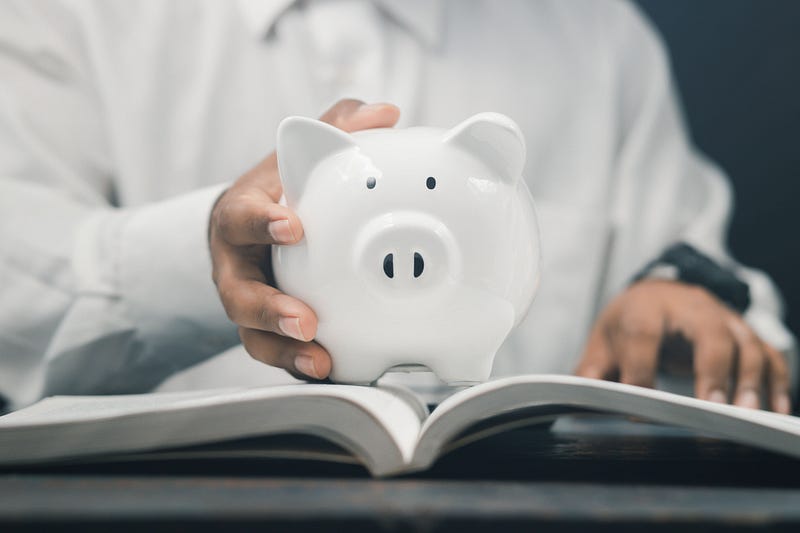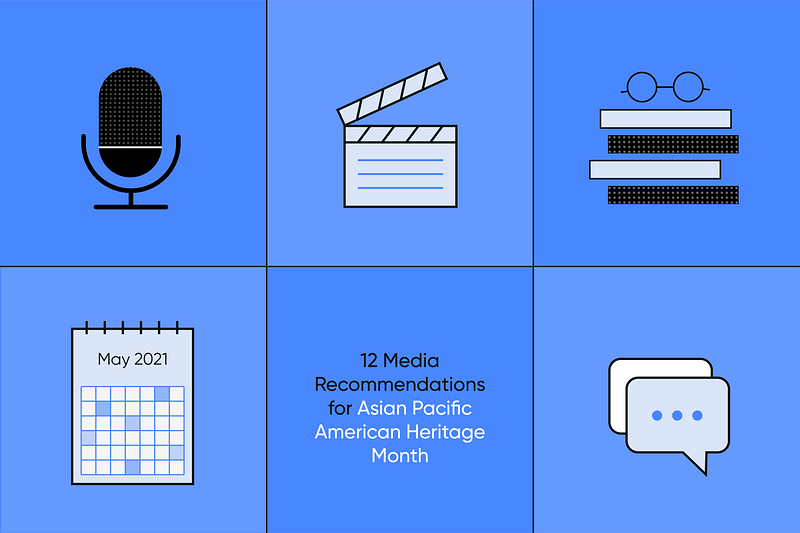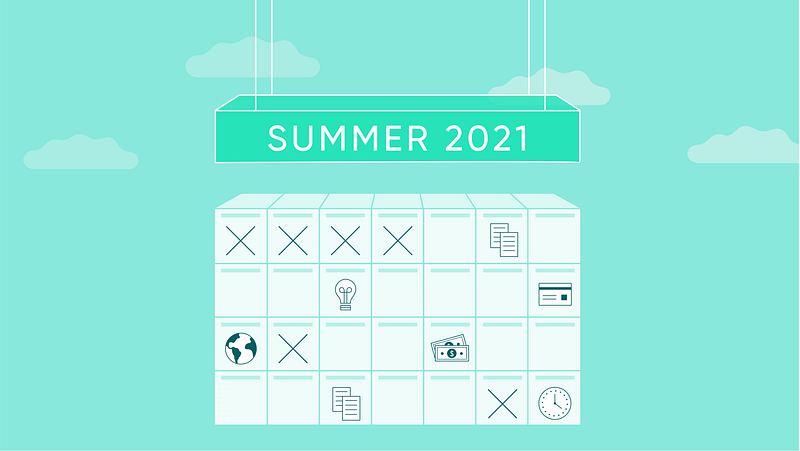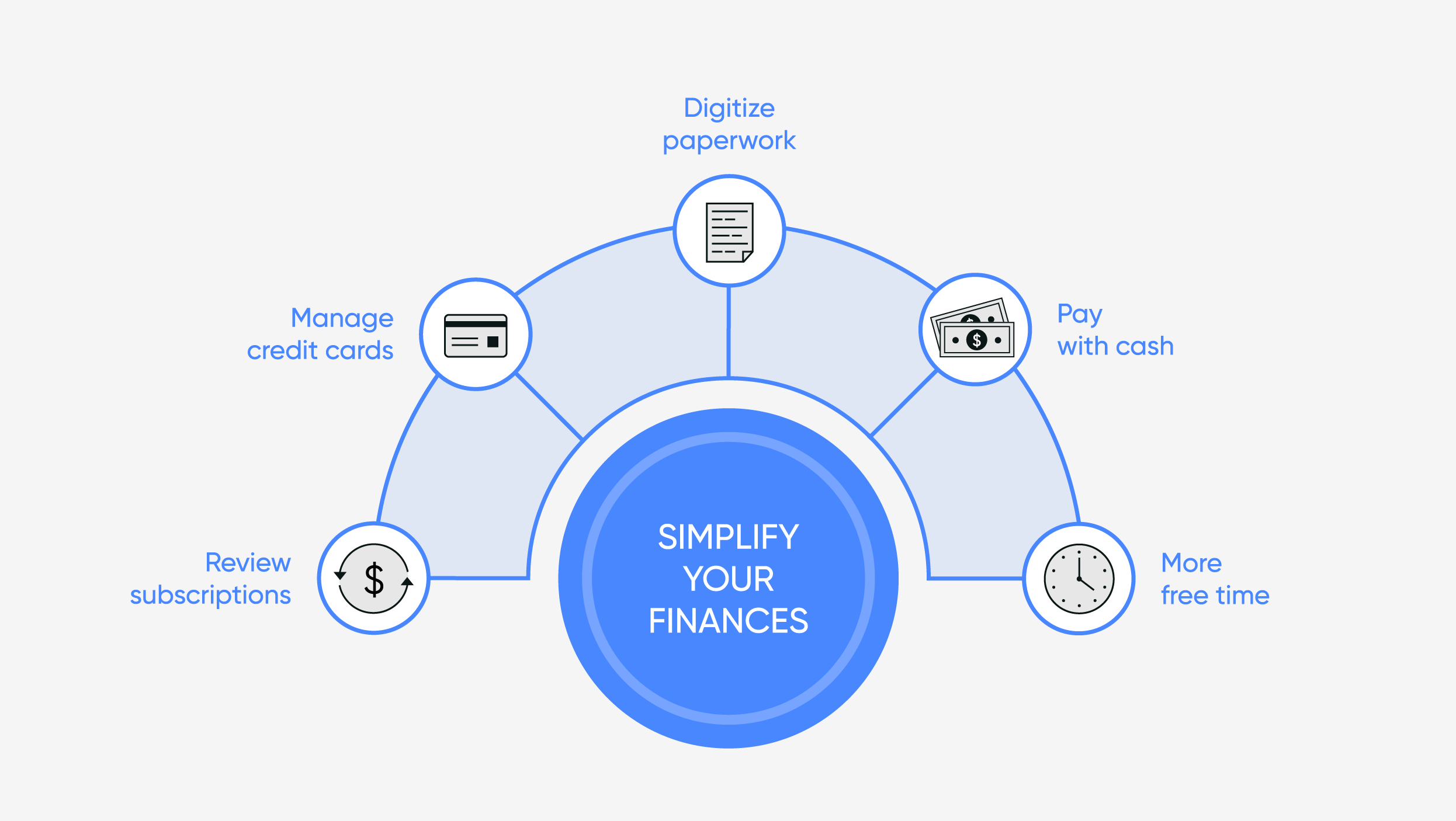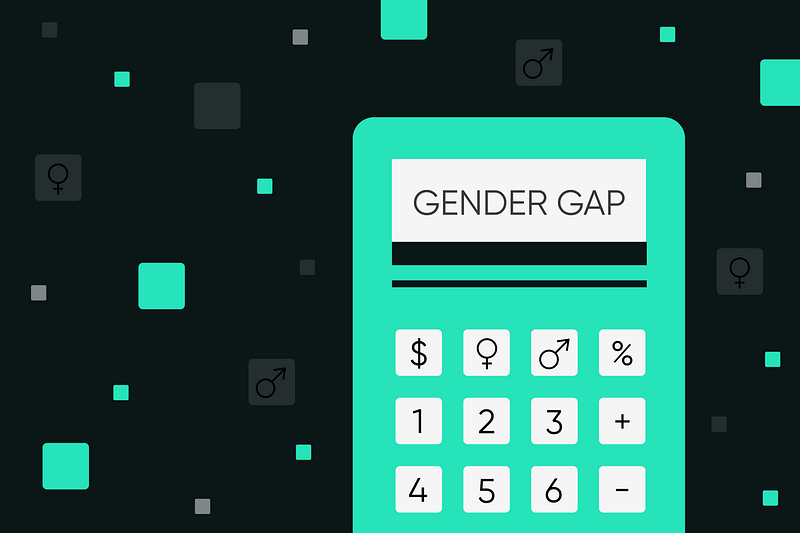
In a Global Financial Literacy Excellence Center study, female participants answered 49% of personal finance questions correctly while male participants answered 56% of them correctly. Although both these scores are very low and need to be brought up significantly, the interesting findings were about the gender gap in financial literacy as the study also found that women did significantly worse in questions about borrowing, saving, earning, and investing than men. This knowledge impacts every aspect of your life from the decisions you make to the ones you don’t make.
Another result of the study is that women answered “don’t know” to 25% of the questions compared to 20% for men. This suggests that it may not only be lack of knowledge creating the gap, but also lack of confidence. Another study by GFLEC found that when the “don’t know” option wasn’t available, female participants often chose the right answer. This study credited lack of confidence for one third of the gender gap. In personal finance this may look like not wanting to invest or take risks, trusting others more than yourself, or feeling like you do not have the tools to even get started. Consider finance bros, Wall Street Suits, and khaki wearing car salesmen. These typical symbols of finance are all male and as you can imagine, they represent the male majority which can be intimidating. A way to combat this is through education and experience by seeing exactly what you can do for your finances instead of letting it stay a large unknown.
Educating yourself can be the hardest first step because it requires you to confront what you do not know. Admittedly, finance has many moving parts and can become convoluted, but you don’t need to open a Roth IRA tomorrow. The first steps can be as simple as calculating your income and expenses to stay mindful of spending. Everyone starts from knowing nothing and learns through watching and learning from others. Instead of being intimidated by people who are more knowledgeable about finance, start with videos, books, or sites that are your level and build up slowly. As we have seen, the confidence to start and trust in yourself makes a very large difference.
There isn’t one easy solution for fixing the gender gap in financial literacy. However, progress starts with empowerment and creating an environment where women can believe in themselves. Technology has made it easier to take control of your finances but we also cannot forget the women in the field who are paving the path like Tomo CEO Kristy Kim and allowing women to see themselves in the finance world. Although they may take a little longer to find, there are plenty of women in finance who you can bank with, learn from, and emulate.

